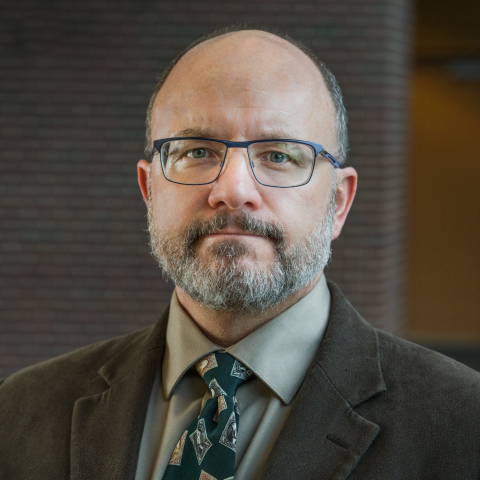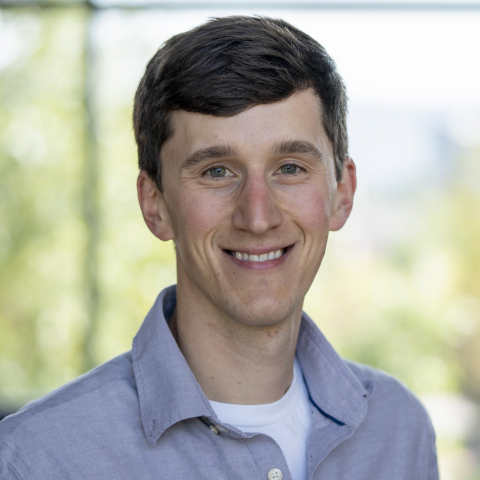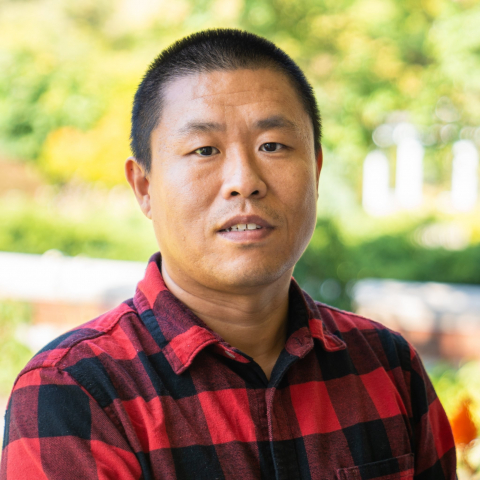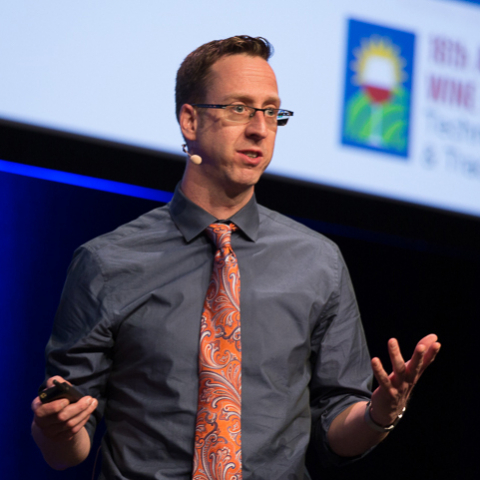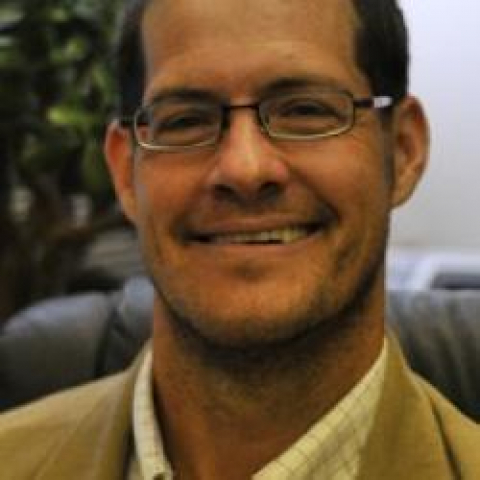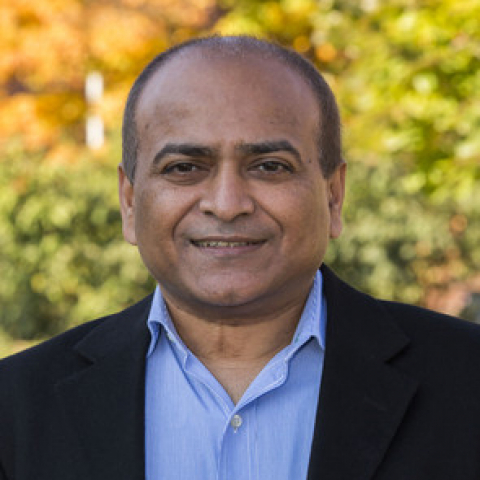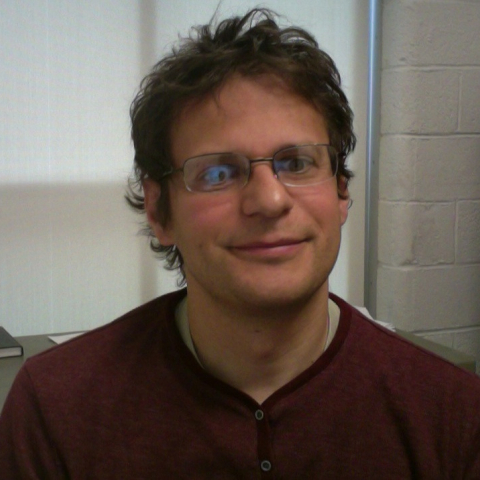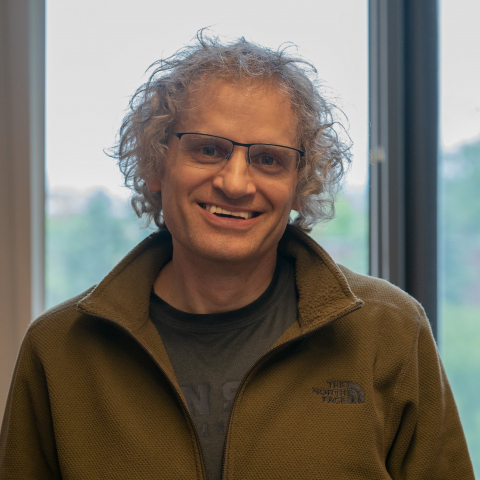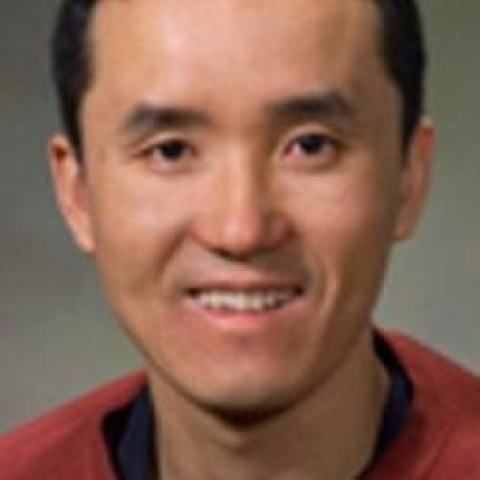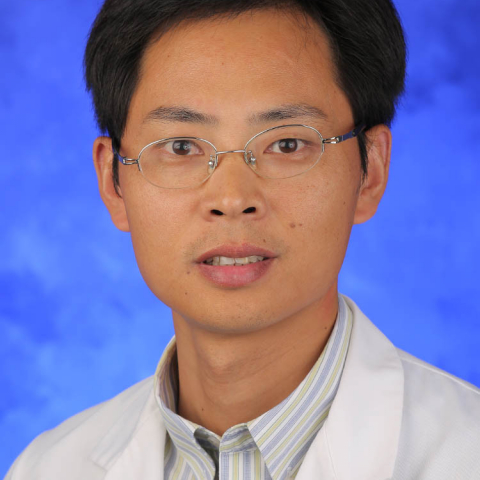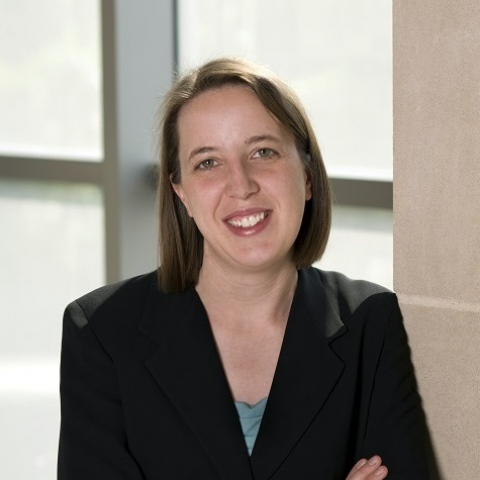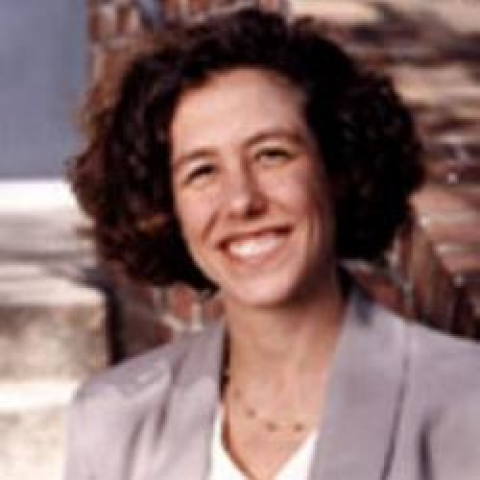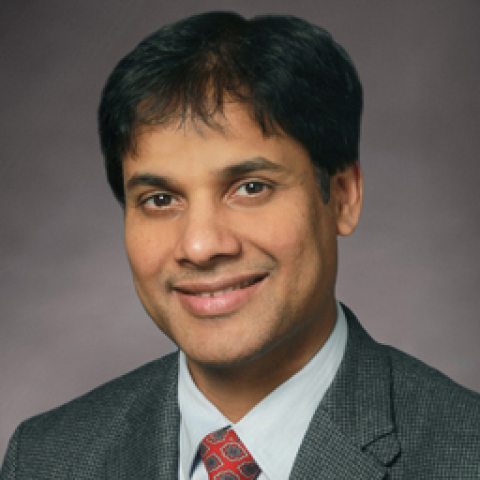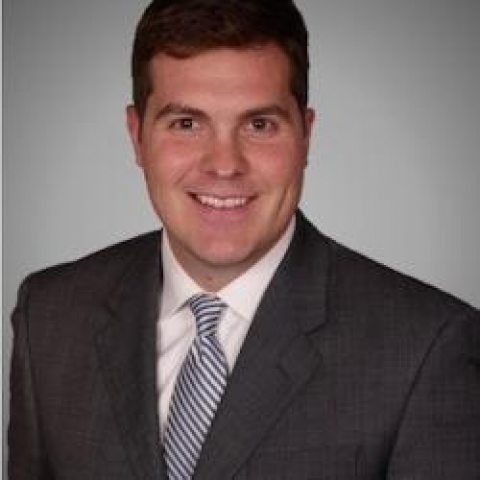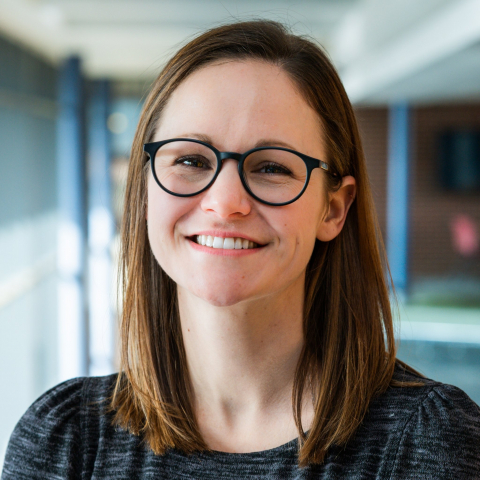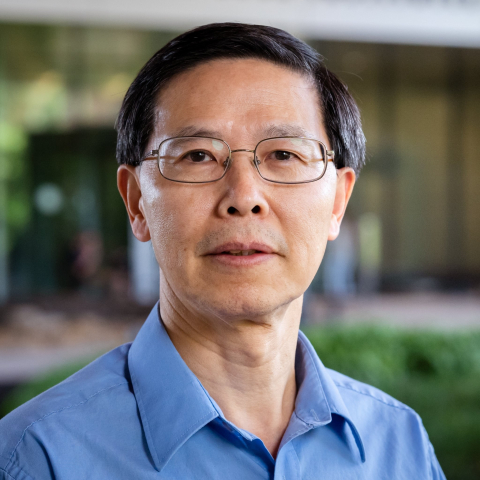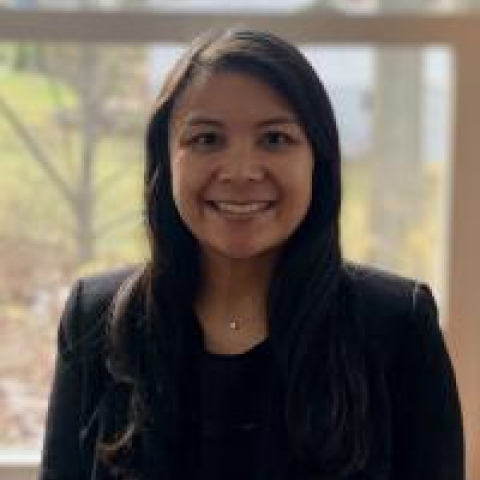Faculty
Thomas Gould
Jean Phillips Shibley Professor and Department Head of Biobehavioral Health
Using genetic, pharmacological, behavioral, and molecular biological techniques to study the neurobiology of learning and memory and the effects of addiction on it.
Sue Grigson
Professor of Neural and Behavioral Science
Neural basis of reward comparison.
Joshua Gross
Assistant Professor of Nutrition and Biobehavioral Health
Cellular- and transgenic mouse model-based approaches to investigate the molecular mechanisms of G protein-coupled receptor (GPCR) signaling and trafficking in the pathophysiological contexts of obesity, eating disorders, and metabolic disease.
John Hayes
Professor of Food Science; Director, Sensory Evaluation Center
Perception of taste, smell and chemesthesis; eating behavior; individual differences in sensation and food preferences; COVID related anosmia
Frank Hillary
Associate Professor of Psychology, Psychiatry and Neurology
Effects of brain injury and disease on functional brain organization; EEG and MRI-based examination of neuroplasticity in healthy and disrupted neural systems, including traumatic brain injury and multiple sclerosis.
Vasant Honavar
Huck Chair in Biomedical Data Sciences and AI; Professor and Edward Frymoyer Chair of Information Sciences and Technology
Statistical machine learning algorithms for predictive modeling; modeling and inference of biological networks; characterization and prediction of protein-protein, protein-RNA, and protein-DNA interactions.
Xiaogang Hu
Huck Chair in Neurorehabilitation; Professor of Mechanical Engineering, Kinesiology, and Physical Medicine & Rehabilitation
Neural-machine interface, somatosensory feedback, neural control of biological and bionic hands, neuromuscular disorder.
Timothy Jegla
Emphasis Area Representative, Molecular and Evolutionary Genetics; Associate Professor of Biology
Functional evolution of eukaryotic ion channels and evolution of neuronal signaling and cell structure.
Dezhe Jin
Associate Professor of Physics
Computational models of neural basis of motor control and learning; theoretical analysis of biological neural networks.
Rong Jin
Associate Professor of Neurosurgery
Ischemic Stroke; Traumatic Brain Injury; Cerebral Small Vessel Disease and VCID
Helen Kamens
Assistant Professor of Biobehavioral Health
Identification of genetic mechanisms that contribute to complex behaviors with a special emphasis on alcohol and tobacco use.
Laura Klein
Professor of Biobehavioral Health
Biobehavioral effects of stress on drug abuse; sex differences in neuroendocrine and behavioral stress responses; nicotine regulation of stress reactivity.
Reuben Kraft
Professor of Mechanical Engineering
Computational methods and high performance computing to examine brain neurotrauma biomechanics; human structural connectome analysis using physics-based predictions of biomechanical brain injury.
Janine Kwapis
Director of the Center for Molecular Investigation of Neurological Disorders; Associate Professor of Biology
Molecular and epigenetic mechanisms underlying learning and memory and age-related memory impairments.
Zhi-Chun Lai
Emphasis Area Representative, Cell and Developmental Biology; Professor of Biology, Biochemistry and Molecular Biology
Signal Transduction, Growth Control, and Cancer Genetics
Nina Lauharatanahirun
Assistant Professor of Biobehavioral Health and Biomedical Engineering
Using computational modeling, behavioral economic paradigms, and functional neuroimaging (fMRI/EEG) to understand the neural and behavioral mechanisms underlying health risk behaviors across the life.
